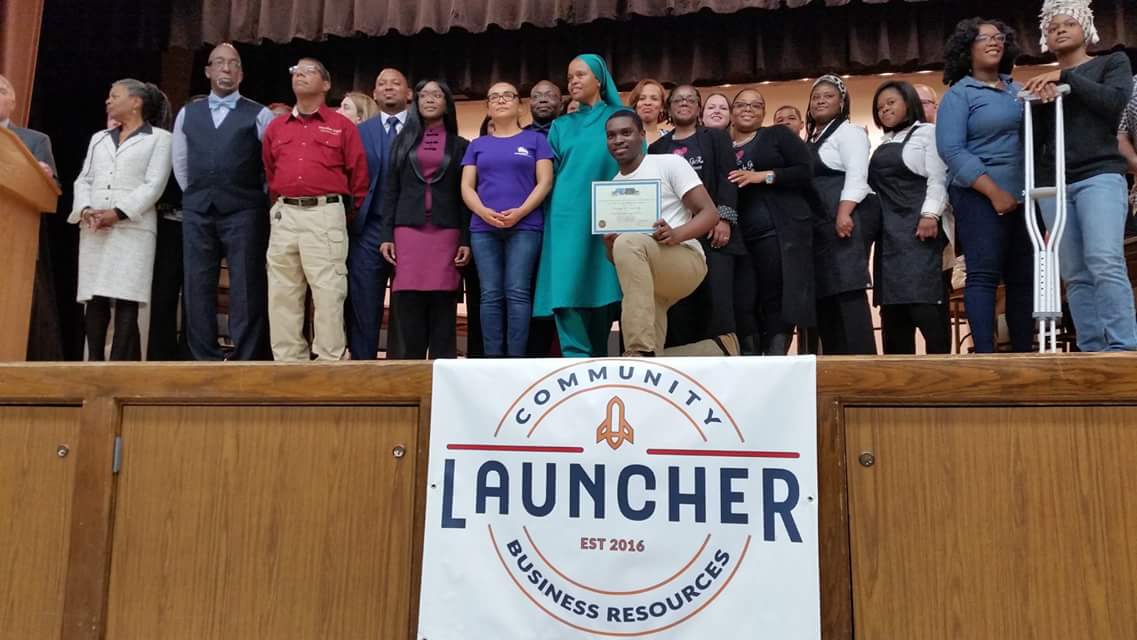On April 18, a group of 31 students will officially start their careers as entrepreneurs in the cities of Wilmington and Claymont.
The business owners are part of the first graduating class of the Launcher Program. The initiative, started by the West End Neighborhood House nonprofit, helps new startups and young entrepreneurs get business training, learn about financial planning and more.
The current class of students hope to open businesses in many different industries, including child care providers, house cleaning businesses and catering companies.
“If it benefits the neighborhood, we want it,” Program Director Michael McCafferty said when asked what type of businesses qualify for the program. “We are more interested in hearing about their business idea. The only requirement is that the participant lives in, or plans to open their business in the West end of Wilmington or Claymont.”
The program is free to participants, thanks to a $900,000 donation from Barclays. The program is funded for three years, during which time the program hopes to open 40 new businesses and create 150 jobs.
McCafferty said students go through an intense training during the 12-week course, learning everything from how to choose a business name and create a logo to management skills and bookkeeping.
“At the end of the course, the goal is for the students to have their business plan together,” McCafferty explained.
According to McCafferty, the Launcher Program is unique because local business owners are trained to teach the students. Therefore, students have the opportunity to learn from their peers.
The students, who are separated in to classes in Wilmington and Claymont depending on where they live or plan to start their businesses, meet as a group once a week. Throughout the week, they have an opportunity to meet with their teachers for one-on-one training.
The training does not end once the students graduate. Following the completion of the program, the graduates will be able to attend workshops taught by community members, as well as get help with loan and credit options.
McCafferty said the goal is that the neighborhood businesses will employ other neighborhood residents, ultimately contributing to the economic development of the community.
The Delaware sector of the Launcher Program is modeled after a program started in St. Paul, Minnesota, in the 1990s. Similar initiatives were also done in cities, such as Philadelphia and Detroit.
“We looked at a lot of different programs, before deciding to go with the Launcher program, McCafferty said. “This program was neighborhood based and shared a lot of the same values we have. It’s all about helping the neighborhood itself.”
Launcher Delaware hopes to bring 150 jobs to Wilmington over the next 3 years







